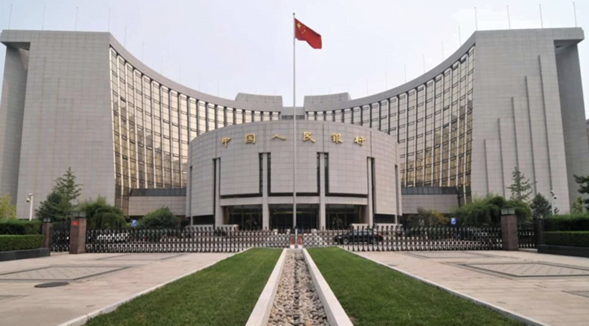What is the Bank for International Settlements (BIS)?
The Bank for International Settlements, or BIS because of its acronym in English, is an international organization dedicated to stimulating monetary and financial cooperation worldwide. This large entity is often seen as a kind of central bank supervisor.
This organism was born in 1930 and is therefore considered the oldest financial institution today. Its headquarters are in the Swiss city of Basel, with an alternate office in Hong Kong and Mexico City.
How is it organized?
The normal functioning of the BIS is based on the interrelation of its three decision-making bodies: the General Assembly of central banks that are part of the organization, its Board of Directors, and a Director-General who is assisted by an Executive Committee.

In the beginning, its task was to administer the payments that Germany was forced to make by the Treaty of Versailles after the First World War. Over the years, the BIS has been acquiring and expanding its power of action and competencies until today.
Objectives and functions of the International Bank for Payments
Its main objective is financial and monetary stability, for which it collaborates with central banks with the idea of promoting greater cooperation at the international level.
Among its many functions, the Bank for International Settlements is responsible for acting as a forum for debate and decision-making as the supervisory nucleus of the financial sector at the international level. Alternatively, it also plays an important role as a center for economic studies or as a depository agent for guarantees (also known as a trustee) in different global financial operations.
All of these tasks make this institution an international mediator, who in turn monitors monetary and financial stability and acts as an insurance or guarantee of operations between central banks.
Current BIS limits
One of the most important limits that this institution finds in its work is the impossibility of making loans to governments and States or opening accounts in its name, in order to preserve its position of supervision and balance worldwide.
In this same sense, the Bank for International Settlements does not have the power to accept deposits from large companies or individuals, regardless of their size or importance.
Bank capital
The Bank’s capital is exclusively in the hands of central banks. The 55 institutions that currently have the right to vote and representation in the General Assemblies are the central banks or monetary authorities of Germany, Saudi Arabia, Algeria, Argentina, Australia, Austria, Belgium, Bosnia and Herzegovina, Brazil, Bulgaria, Canada, Chile, China, Korea, Croatia, Denmark, Slovenia, Slovakia, Spain, United States, Estonia, Philippines, Finland, France, Greece, Hong Kong SAR, Hungary, India, Indonesia, Ireland, Iceland, Israel, Italy, Japan, Latvia, Lithuania, Malaysia, Mexico, Norway, New Zealand, the Netherlands, Poland, Portugal, the United Kingdom, the Czech Republic, the Republic of Macedonia, Romania, Russia, Singapore, South Africa, Sweden, Switzerland, Thailand, and Turkey, as well as the European Central Bank.
Monetary and financial cooperation in the BIS
The bi-monthly Council meetings bring together BIS member central bank governors, who review international economic and financial developments and discuss specific economic policy issues related to monetary and financial stability. Other meetings are also organized for senior central bank officials where the implementation of monetary policy, surveillance of international financial markets, and good governance in central banks are discussed.
In addition, the BIS organizes frequent expert meetings on more technical matters such as reserve management, legal issues, IT systems, and internal audit. Although BIS meetings are primarily aimed at central banks, they also include senior officials and experts from financial authorities, academics, and market players.
The BIS as a bank of central banks
The BIS offers a wide range of financial services specifically designed to help central banks and other monetary authorities manage their foreign exchange reserves. As of March 31, 2008, around 130 of these authorities, as well as a number of international institutions, made use of the BIS financial services. Total foreign currency deposits amounted to SDR 236 billion, representing about 6% of the world’s foreign exchange reserves.
The Bank provides its financial services through two interconnected contracting rooms: one located at its headquarters in Basel and the other at its Representative Office for Asia and the Pacific located in Hong Kong SAR.
The Bank does not accept deposits from individuals or private companies, nor does it provide financial services to them. Nor is it authorized to grant advances to governments or to open accounts on their behalf.






